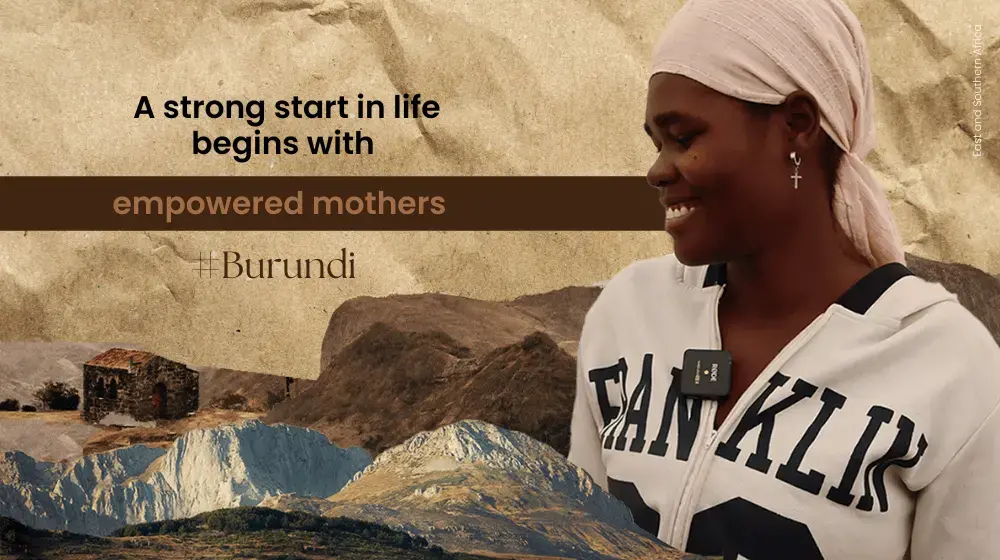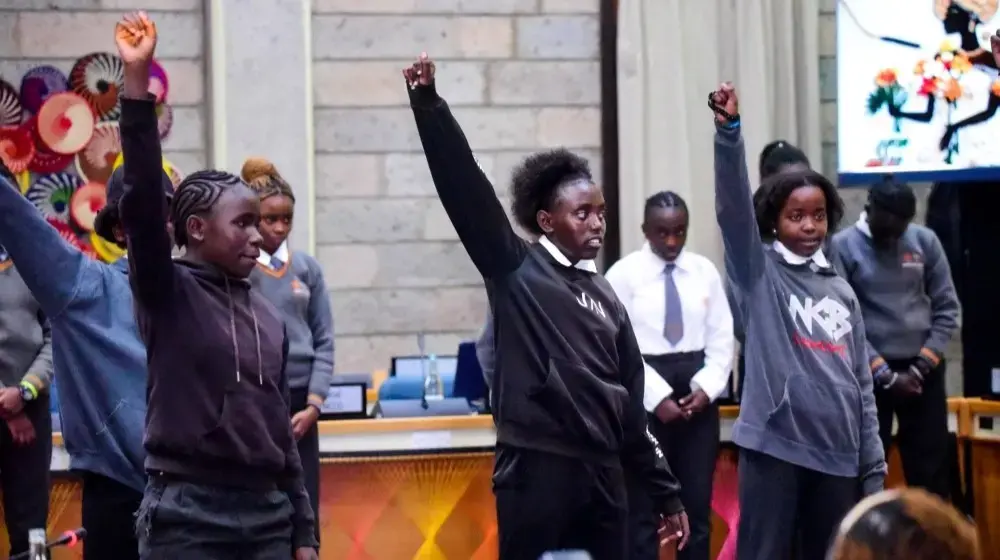Blog: Our Humanity in Times of Crisis
By Dr. Julitta Onabanjo
As the COVID-19 pandemic strains the availability of essential health-care services across the world, midwives are on the frontline saving lives. Behind the masks in many health centres, hospitals and homes, we can see the faces of hundreds of midwives working tirelessly to prevent maternal deaths and deliver babies safely.
For centuries and through pandemics, midwives remain as a constant presence, playing a critical role in adverse working conditions and strained environments, from crippled health systems to vulnerable communities. Their dedication and fearless zeal in supporting childbearing women in their most vulnerable moment and at the toughest times show the vital importance of midwives.
On May 5, as we commemorate the annual International Day of the Midwife, we recognize their important contribution to the global efforts in maternal and newborn health. In parallel, the World Health Organization (WHO) has designated 2020 as the Year of the Nurse and Midwife, flagging the essential role the midwives play in achieving the Sustainable Development Goals and Universal Health Coverage.
Rarely has there been a more fitting moment to honour the commitment and personal sacrifice that these health professionals make as we confront the coronavirus across East and Southern Africa.
In the past few weeks, we’ve heard stories of midwives ceaselessly providing care and support to pregnant women and girls in dire circumstances. Despite the grim crisis, we see the midwives stepping up and being more proactive and innovative. For example, the South Sudan Nurses and Midwives Association established a WhatsApp group for members of midwifery associations across six countries to strategize on how to protect themselves and clients while staying informed about evolving WHO guidelines.
Such resilience highlights the need to invest in a strong midwifery workforce. This is one of the most cost-effective actions a country can take to improve reproductive health outcomes, and research published in The Lancet supports this.
Furthermore, the 2014 State of the World Midwifery Report stressed that if midwives are trained to international standards, they can meet 87 per cent of the sexual and reproductive health needs of a community, freeing up doctors to do more specialized work. This is even more important in low-resource countries where health systems were weak even before the onset of COVID-19.
Many countries are deploying midwives to underserved areas and establishing maternity waiting homes. Yet not nearly enough investment has been made in training and placing an adequate number of midwives on the ground.
Globally, there are two million midwives, but WHO estimates the need for 20 million to meet growing demand. In the East and Southern Africa region, South Africa is the only country that meets the sexual and reproductive health needs of its population, followed closely by Comoros and Kenya. Malawi, the Democratic Republic of the Congo, Tanzania and South Sudan are investing heavily in midwifery, and are on track to meet sexual and reproductive health needs by 2030.
Yet COVID-19 presents a clear risk to countries aiming to achieve their SDG targets for sexual and reproductive health. Even a 10 per cent decline in modern contraceptive use would result in an additional 15 million unintended pregnancies. A 10 per cent decline in the provision of pregnancy related health care would mean an additional 1.7 million women giving birth, which could result in an additional 28,000 maternal deaths and 168,000 newborn deaths.
Governments that invest in midwifery invest in the healthy life outcomes of their citizens. Every day, irrespective of pandemics, 51,000 new babies are born in the East and Southern African region; that is 360,000 per week or approximately 18 million per year. Midwives are kept busy.
Midwives prepare women and girls, both emotionally and mentally, to manage their reproductive lives from pre-adolescence through womanhood. Pre- and post-natal classes conducted by professional midwives offer opportunities for pregnant women to examine existing – and often negative – norms around gender and child-rearing. They impart parenting techniques that help prime young children for learning and critical thinking.
With a clear understanding of the value of midwives, more women and girls will seek their services and enjoy healthier, happier reproductive lives – including during these unprecedented times of national lockdowns. This is because, while midwives have consistently supported women through labour and delivery, their skills and expertise stretch far beyond this scope.
The International Confederation of Midwives (ICM) standard includes training on gender equality and couples counselling, and the response to sexual and gender-based violence, including victim referral. Additionally, the standard covers reproductive health for adolescents, including counselling on contraception, as well as the importance of nurturing self-esteem in mothers, counselling on infertility treatments, and providing support throughout the reproductive life.
Information provided by midwives can help reduce malnutrition and suggest alternative sources for critical minerals and vitamins. They treat the most common causes of maternal death by providing low-dose aspirin to prevent pre-eclampsia and calcium supplementation to prevent hypertension. In some crisis countries, midwives are also trained to provide sexual and reproductive health services as part of the humanitarian response.
Let us honour our midwives by acknowledging and highlighting the important work they do across the reproductive life cycle and the role they play as an essential and non-negotiable element of Universal Health Care. Their courage amidst the crisis and the personal risks they selflessly face call for a universal acknowledgment that we owe midwives a deep debt of gratitude.
Happy International Day of the Midwife! Thank you for all your work and we salute you.





